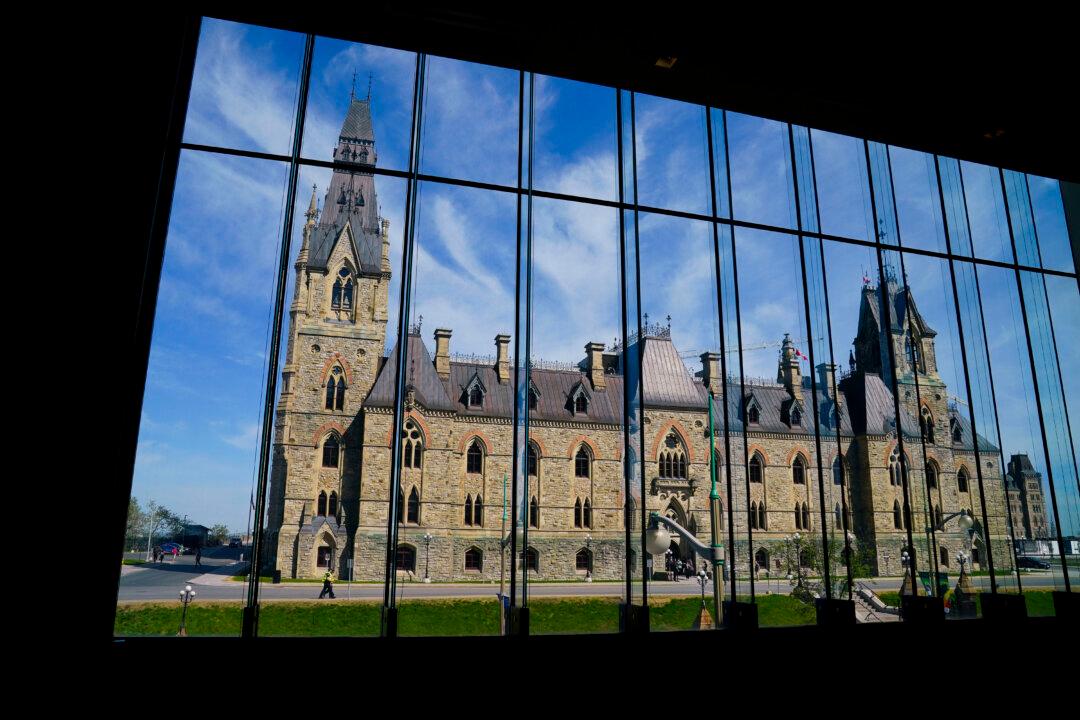News Analysis
Soon after repressive regimes seized power in countries like China and Iran, language began to appear across state communications that reflects those regimes’ ideology and propaganda. Some observers say they are seeing similar trends today in Canada, with ideological terms increasingly becoming standardized throughout government communications.





